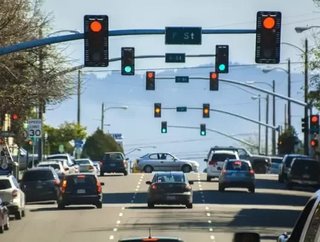Google to use AI to time traffic lights more efficiently

The move is said to be able to cut fuel use and traffic delays by 10% to 20% at four locations in Israel, by using artificial intelligence to optimise the signal lights. The company added it also had plans to test the software in Rio de Janeiro next, Google said on Wednesday.
It is still an early-phase research project, but is among new software initiatives inside Google to help combat climate change. This is after some employees, as well as advocacy groups, have called on the company, which is the world's third-most valuable, to more urgently use its influence to combat the crisis.
Prioritising sustainability features
While Google has not addressed critics' calls to stop selling technology to oil companies, or funding lawmakers who allegedly deny global warming, it has, however, been seen to prioritise its sustainability features.
Google plans in the coming weeks to allow its Nest thermostat users to buy renewable energy credits for $10 a month to offset emissions from heating and cooling. Further credits will come from projects in Texas including Bethel Wind Farm and Roseland Solar. A majority of the funds will go toward credit purchases and utility-bill payment costs, Google said. However the company did not elaborate on the remainder.
Across the United States, Nest users can soon be able to automatically shift heating and cooling to times when energy is cleaner, at no extra charge.
Rolling out in Rio
Based on early results in Israel's Haifa and Beer-Sheva, Rio de Janeiro's municipal traffic authority expressed high hopes for the AI system to better time traffic signal changes. It told Reuters the system should be introduced within months and added locations would be announced soon.
Aleksandar Stevanovic, an associate professor of civil and environmental engineering at University of Pittsburgh, said simulations show AI could smooth traffic flow. But he questioned whether a tech company without traffic engineering expertise ultimately could bring such software to reality.
"Every year there is someone new claiming we can do wonders," he said.






